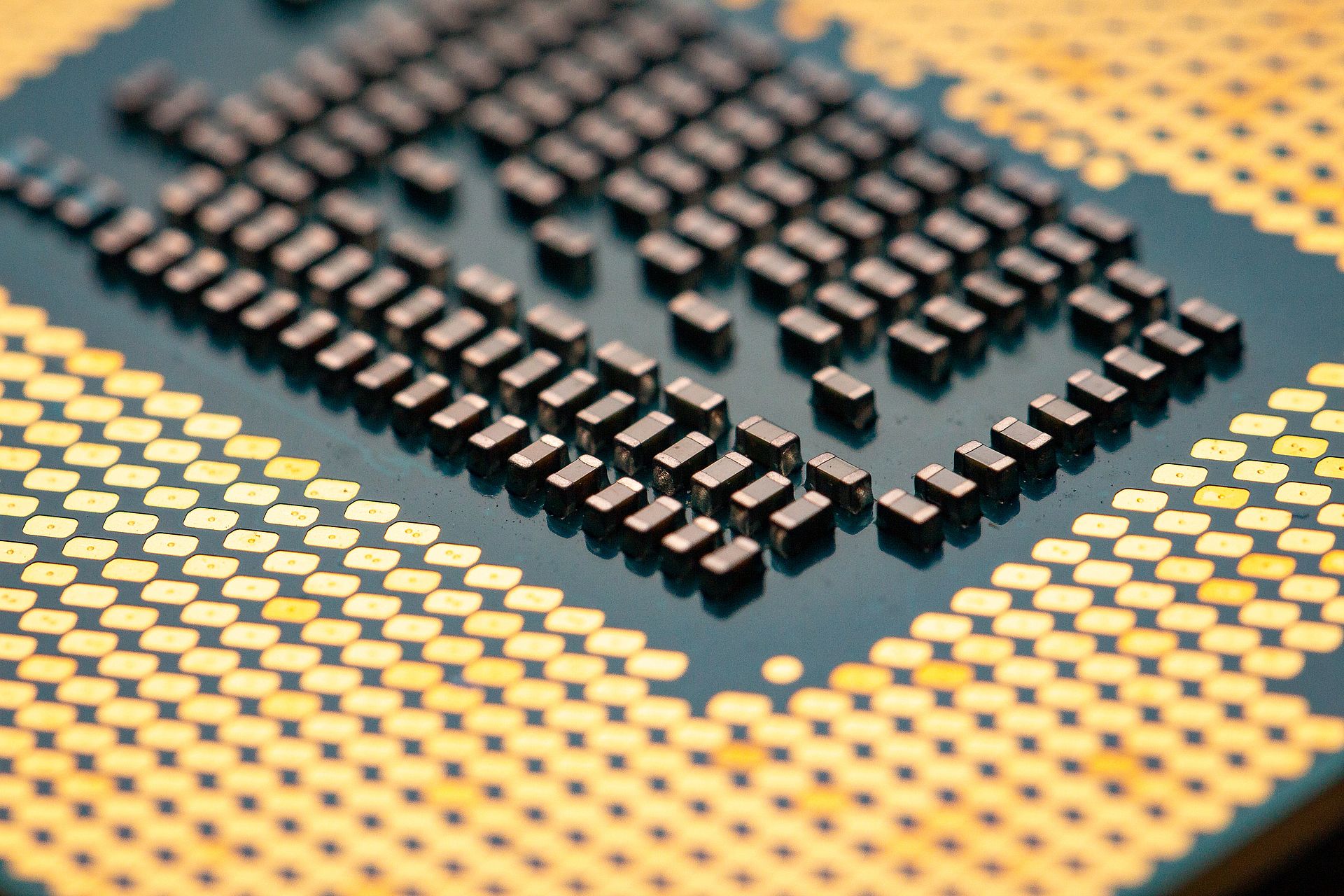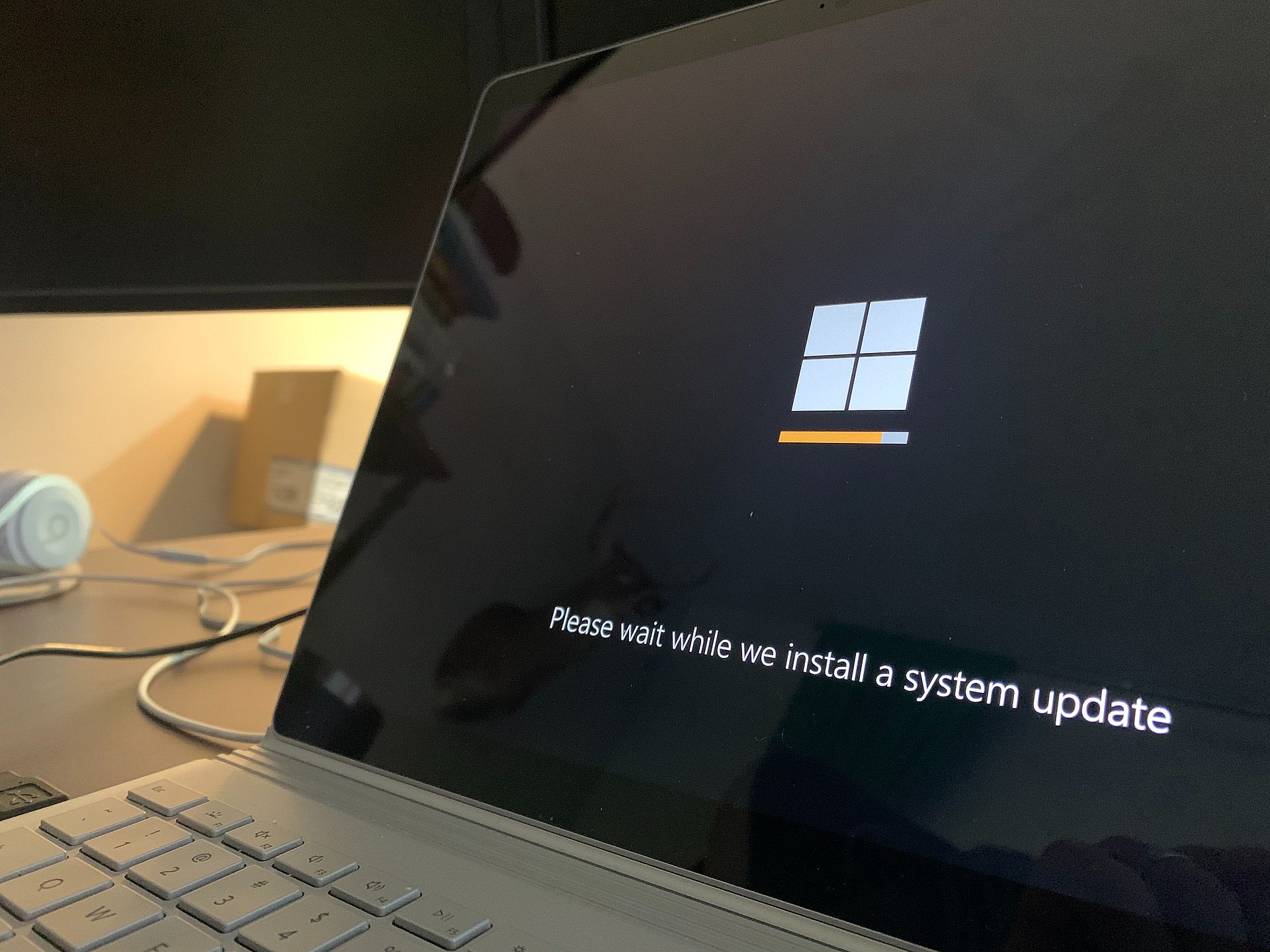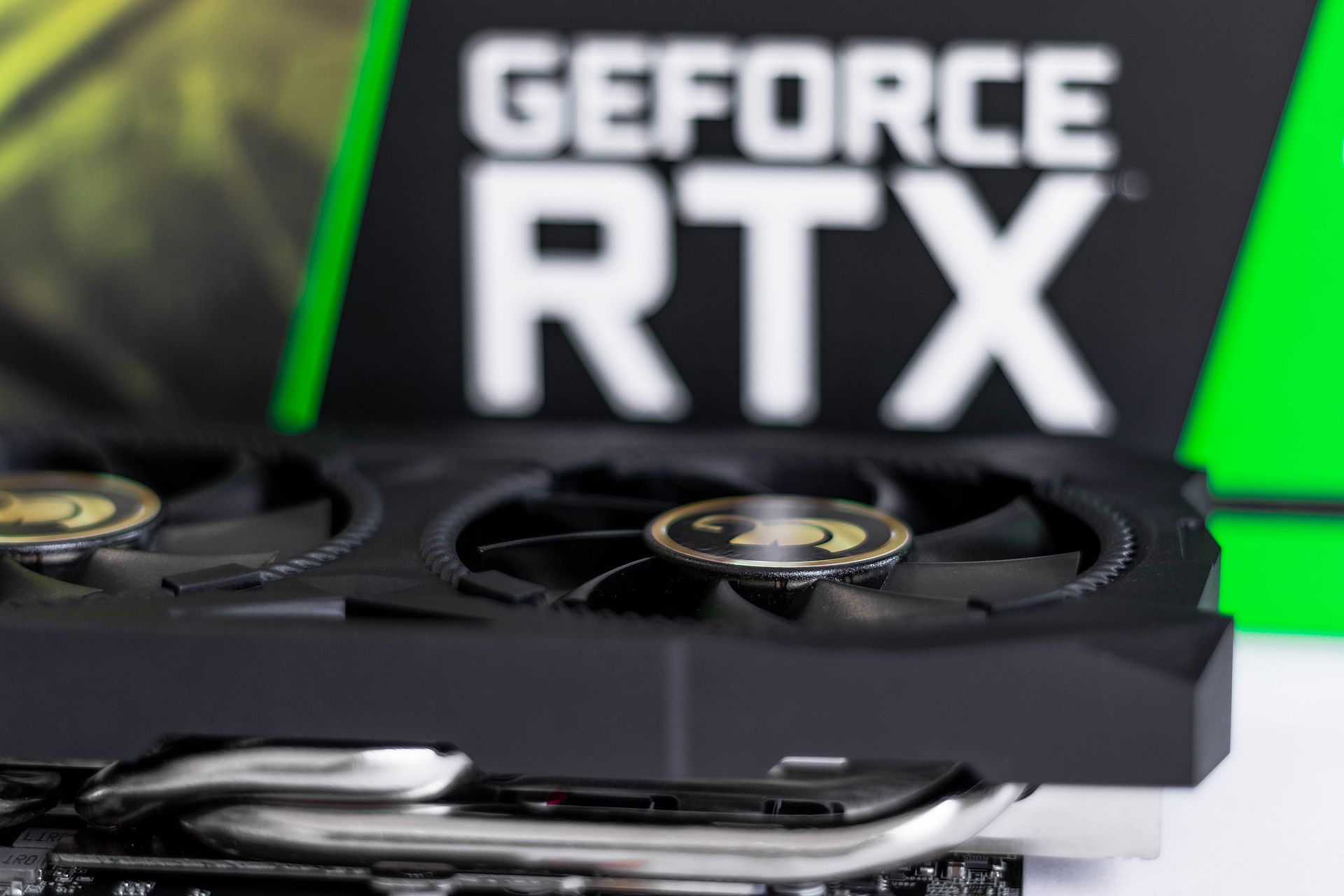Discover Microsoft’s secret weapon: Project Athena, a groundbreaking endeavor to create custom AI chips. Unveil how these specialized chips will enhance AI capabilities, reduce dependency on third-party providers, and challenge Nvidia’s dominance. Dive into the enigmatic world of Athena and its potential to reshape the future of artificial intelligence.
While AI models like ChatGPT and language translation systems continue to dazzle the world, the tech giants driving their capabilities often operate behind the scenes.

What is Microsoft’s Athena AI chip project?
Microsoft’s Project Athena is an audacious initiative that has been underway since 2019. Its mission? To design and develop custom AI chips tailored for the unique demands of training large language models and powering AI applications. The goal is simple: to reduce reliance on third-party hardware providers, like Nvidia, by crafting in-house solutions that meet the specific requirements of Microsoft’s AI ecosystem.
The enigmatic nature of Project Athena is striking. This covert operation has been shrouded in secrecy, with limited information made available to the public. The reasons behind this discretion are manifold, ranging from protecting proprietary technology to maintaining a competitive edge in the AI hardware market.
Despite the secrecy surrounding Athena, some fortunate insiders, including Microsoft and OpenAI employees, have been granted early access to test these cutting-edge AI chips. This suggests that Project Athena has made significant strides in its development journey, reaching a stage where real-world evaluation is feasible and already underway.
While it remains uncertain whether Microsoft will extend access to these AI chips to Azure cloud customers, internal plans suggest that these custom chips will have a more extensive role within Microsoft and OpenAI. This hints at a future where AI-driven innovations will proliferate across various platforms, from Bing to Office apps.

Why is it important?
Microsoft’s Athena chip project is important for several reasons, reflecting its potential to impact the world of artificial intelligence significantly and the tech industry as a whole:
- Reducing dependency on third-party hardware: By developing its own AI chips, Microsoft aims to reduce its reliance on third-party hardware providers like Nvidia. This strategic move provides Microsoft with greater control over its AI infrastructure and the ability to customize hardware to meet its specific AI needs. This independence can lead to cost savings and reduced vulnerability to supply chain disruptions.
- Tailored hardware for AI workloads: The Athena chips are designed to excel in AI workloads, particularly for training large language models and running AI applications. This specialization can result in enhanced performance, efficiency, and speed for AI tasks, making Microsoft’s AI-powered services and products more capable and competitive.
- Enhanced AI capabilities: Microsoft’s Athena project signifies the company’s commitment to advancing AI capabilities across its ecosystem. These AI chips have the potential to improve the performance of AI features in Microsoft products such as Bing, Office apps, GitHub, and more. This can lead to a better user experience and more efficient AI-driven solutions.
- Long-term innovation: Microsoft’s roadmap for Athena includes multiple future generations of AI chips. This demonstrates Microsoft’s dedication to long-term innovation in the AI hardware space. The company is positioning itself to stay at the forefront of AI technology, ensuring it remains competitive in the ever-evolving AI landscape.
- Competition in the AI hardware market: The emergence of Microsoft as a potential player in the AI hardware market can introduce healthy competition. This competition can drive innovation, lead to more diverse AI hardware options, and potentially lower costs for AI infrastructure, benefiting the broader tech industry and AI ecosystem.
- Challenging Nvidia’s dominance: Nvidia is currently the dominant supplier of AI server chips. Microsoft’s Athena project represents a potential challenge to Nvidia’s supremacy, disrupting the status quo in the AI hardware market. This competition could lead to advancements in AI hardware technology and a more balanced market.

- Broad applicability: While the project is currently shrouded in secrecy, Microsoft intends to make its AI chips available more broadly within the company and potentially through OpenAI. This suggests that these chips could have a broad range of applications and could influence the development of AI in various sectors.
In summary, Microsoft’s Athena chip project is essential because it signifies the company’s determination to shape its AI future, enhance AI capabilities, and reduce reliance on external providers. It can introduce competition, drive innovation, and foster a more dynamic and cost-effective AI hardware market. The project reflects Microsoft’s commitment to staying at the forefront of AI technology and is poised to play a pivotal role in the evolving landscape of artificial intelligence.
The roadmap for Project Athena extends beyond the immediate horizon. Microsoft envisions the development of multiple generations of these AI chips, indicating a long-term commitment to staying at the forefront of AI technology. This ambition dovetails with Microsoft’s broader strategy to remain a pioneer in the AI landscape.
A new contender in AI hardware
Project Athena is Microsoft’s well-guarded secret, a testament to the company’s dedication to pushing the boundaries of AI. While the specifics of these AI chips are still under wraps, their potential impact is undeniable. They could herald a new era of competition and innovation in the AI hardware landscape, challenging the reign of Nvidia.
In a world where AI innovation is accelerating, Microsoft’s Project Athena is a powerful reminder that true progress often happens behind the scenes. As this secret project continues to unfold, the tech world watches with bated breath to see if it will be the game-changer that propels Microsoft to the forefront of the AI race.
Featured image credit: Laura Ockel/Unsplash
- SEO Powered Content & PR Distribution. Get Amplified Today.
- PlatoData.Network Vertical Generative Ai. Empower Yourself. Access Here.
- PlatoAiStream. Web3 Intelligence. Knowledge Amplified. Access Here.
- PlatoESG. Carbon, CleanTech, Energy, Environment, Solar, Waste Management. Access Here.
- PlatoHealth. Biotech and Clinical Trials Intelligence. Access Here.
- Source: https://dataconomy.com/2023/11/01/microsofts-athena-chip-project/



